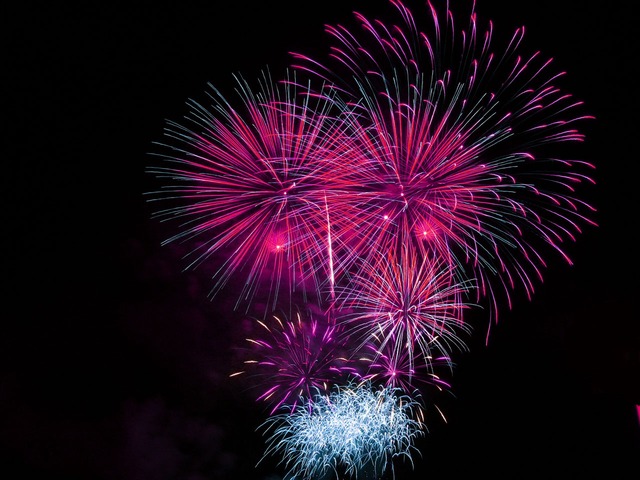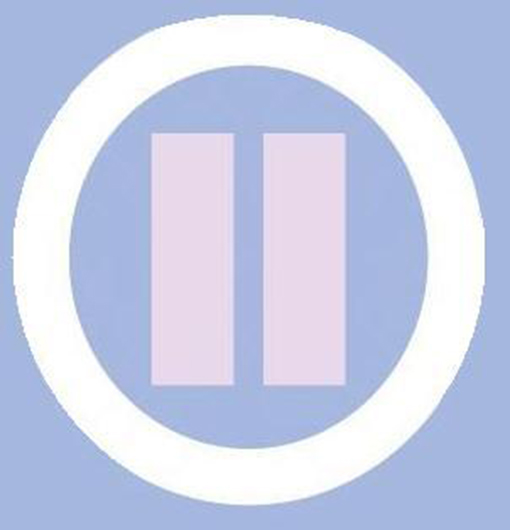The Fourth of July is commonly associated with outdoor fun, family gatherings, and impressive fireworks displays. Unfortunately, many of these common holiday activities present certain hazards that every parent should be aware of. Taking the proper precautions to guard against these hazards can drastically reduce the risk of burns, fires, and heat related injuries.
Over half of the approximately 9,000 people treated for burns every year are treated in the weeks surrounding Fourth of July celebrations. Thousands of people, most often children and teens, are injured while using consumer fireworks. Despite the dangers of fireworks, few people understand the associated risks. Even sparklers can burn up to 1200 degrees and can cause significant injury.
Devastating burns are not the only risk of fireworks. Other serious injuries include hearing loss, concussions, loss of limbs, and even death. Because of this, children should never be allowed to handle fireworks. Due to the risks involved, the American Academy of Pediatrics continues to urge families not to buy consumer fireworks for their own use or their children’s. In addition, it is recommended that fireworks and fireworks displays be left to experienced professionals operating in controlled environments.
Property damage caused by fire is another risk of fireworks displays. The Fourth of July is celebrated during one of the driest times of the year and fireworks cause more fires in the United States on the Fourth of July than all other causes of fire combined on that day. However, injuries resulting from public fireworks displays are rare; in fact losses of life, health,and property are almost entirely preventable by the removal of all fireworks from the hands of everyone except professional pyrotechnicians.
The intense heat and dry weather that make fireworks especially dangerous can also lead to heat related injuries like dehydration and heat stroke during Fourth of July celebrations. Children that spend any time playing outside should wear plenty of sunscreen and take regular water breaks. While it is also important for adults to remain hydrated, children are at a greater risk of falling victim to heat related injuries because of their high metabolism rates and the amount of energy they use throughout the day. Contrary to popular belief, thirst is not a good indicator of water levels in the body; it is in fact the earliest sign of dehydration and a sign that the body has already gone too long without a water break. Even though soft drinks and flavored water beverages are more popular at Fourth of July BBQs and cookouts, plain water is always the best way to quench thirst and prevent dehydration.
About the Author
Dr. Rosenfeld has been practicing as a pediatrician in private practice for over 17 years. She is Board Certified and a Fellow of the American Academy of Pediatrics. In 1994, Dr. Rosenfeld joined Children’s Medical Group and has remained there as a long-term primary caregiver to her young patients in North San Diego County. Dr. Rosenfeld practices direct patient care in the office and hospital setting, as well as a number of other clinical functions. In addition to her clinical roles, Dr. Rosenfeld has worked extensively with pediatric policy.
About Manifest Excellence, LLC
Health promotion and empowerment company Manifest Excellence®, LLC supports people with optimizing personal wellness by addressing the five key areas that impact health. They combine over 20 years traditional medical experience with a comprehensive & holistic wellness philosophy to provide innovative and effective wellness strategies. They enthusiastically teach a comprehensive approach to health and wellness that addresses mental, emotional, social, spiritual and physical well-being.
Article Source: http://EzineArticles.com/?expert=Dr._Gina_Rosenfeld
http://EzineArticles.com/?Fourth-of-July-Safety&id=6580587
- 10 Quick, Easy Holiday Self-Care Tips - December 15, 2017
- Health Benefits of Kindness and Compassion - June 3, 2017
- Why Self-Care is Good for Your Health - May 10, 2017






